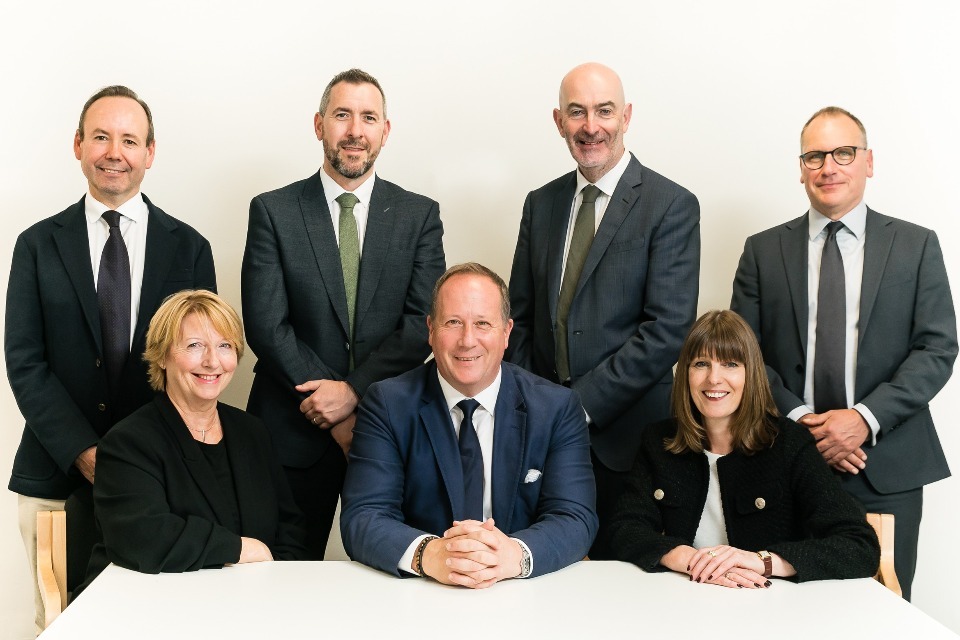The decades between our 20s and 30s are a defining chapter in our lives. They’re a journey of many challenges – navigating careers, forming relationships, moving cities and starting families – by the end of which we’re expected to have it all figured out. It’s also a time where our disposable income starts to grow, allowing us to enjoy more of the things we love.
But naturally life gets more expensive. Rent, responsibilities, and lifestyle creep mean that the growing income we’ve worked so hard to earn can be eaten up faster than ever before. And amid the busyness of our daily lives, planning for the future can feel like a chore for another day.
However, the simple financial habits you build now are the most powerful you will have. By understanding a few core principles, you can create a system that works for you and runs in the background. This can help set yourself up for financial freedom in the years to come, without sacrificing the life you want today.
A common mistake is thinking you need to choose between saving for a rainy day and investing in your future. The truth is you need to do both, and getting the balance right is crucial.
Short-term security the emergency fund
Before investing any money long term, you need a financial safety net. The general rule of thumb here is to put away 3-6 months of essential expenses. This is to give you enough of a buffer to handle unexpected situations like a sudden car repair or layoff, without derailing your entire financial life.
Essential expenses include rent or mortgage payments, utility bills, food, essential transport, insurance and minimum debt payments.
This money should be liquid and safe, meaning immediately available, and not exposed to the market. Think of a high-interest, easy-access savings account, or Cash ISA.
Long-term growth investing for your future self
Once your ’emergency fund’ is in place, it’s time to put your money to work. You might like to pay off any high-interest debt like credit cards, personal or car loans at this point, then direct any remaining money you can afford towards your longer-term objectives.
This is how you build real wealth for goals more than 5 years away. Think of a house deposit, starting a family, or an enjoyable retirement.
One way to do this is through automation. Set up a standing order to move money into your savings and investing accounts the day you get paid. This “pay yourself first” strategy means you save before you have a chance to spend it. Think of saving for your future self as an expense incurred today.
How much of a difference can this really make? We talk about the power of compounding all the time (where your returns start earning returns of their own) and it’s the greatest advantage a young investor has to get your money working for you.
Let’s look at a quick example. Imagine you had put away £500 from your salary every month for the last 20 years (the length of your 20s and 30s). Overall, you’d have contributed £120,000.
- If you stashed this into an interest-bearing cash account earning the Bank of England’s base rate, you’d end up with £142,398.
- By investing it in the global stock market however (through an MSCI World Index tracker for instance), you could end up with £349,085.
That’s a staggering £206,687 difference, created not by being a stock-picking genius, but simply by being consistent and letting time in the market do the heavy lifting. This of course does come with capital risk and past performances are not an indicator of future performance.
Where to invest so you’re not thinking about it every day?
Deciding where to invest the money can often be a daunting task, especially if you are going to stick to that strategy passively over a long time. This is where we can help. We understand you as an investor, and consider the length of time you have in the market to recommend a portfolio to you. We take the guesswork out of your investment choices so you can focus on living.
Your Moneyfarm investment toolkit
Stocks & Shares ISA
- Best for Flexible, tax-free investing for any medium-long term goal.
- Key Perk 100% free from UK tax, up to £20,000/year.
Self Invested Personal Pension (SIPP)
- Best for Powering your retirement savings with a government boost.
- Key Perk Get an immediate 25% tax relief top-up on your contributions. You can also consolidate older pensions and receive employer contributions if they allow it.
General Investment Account (GIA)
- Best for Investing beyond your tax-wrapper allowances.
- Key Perk No limits on how much you can invest.
Investing with your values
Across all these accounts, you can choose our Socially Responsible portfolios. These are built to exclude controversial industries and favour companies leading the way on environmental and social impact.
Ultimately the journey through your 20s and 30s is about growth personally, professionally and financially. By building a firm foundation with an emergency fund and then creating an automated, consistent investing habit, you harness the incredible power of time. The best part? You don’t have to be an expert. You just have to start.
Our team of dedicated investment consultants are here to help every step of the way. Please book an appointment so that we can guide you through your investment options.
*As with all investing, financial instruments involve inherent risks, including loss of capital, market fluctuations and liquidity risk. Past performance is no guarantee of future results. It is important to consider your risk tolerance and investment objectives before proceeding.








